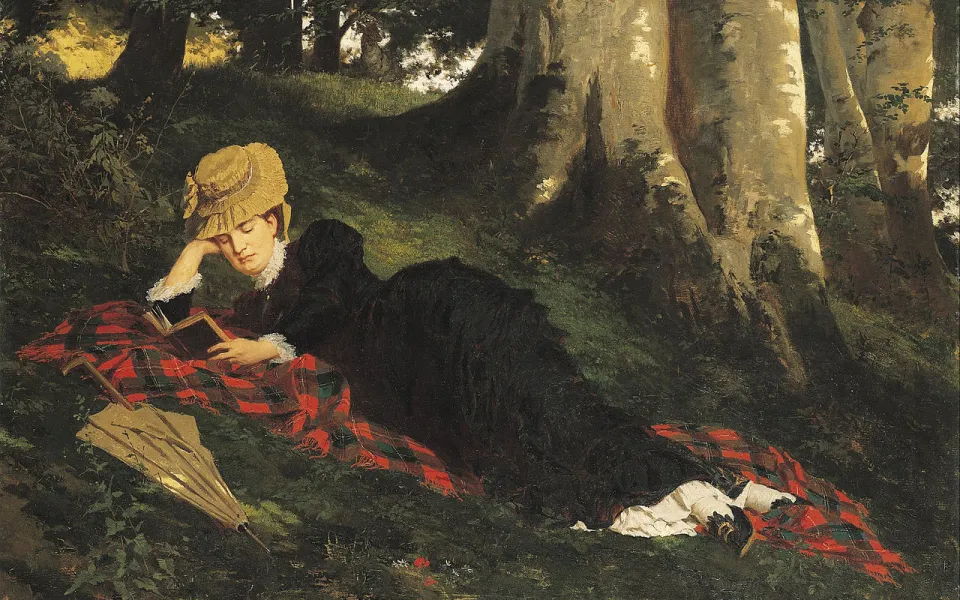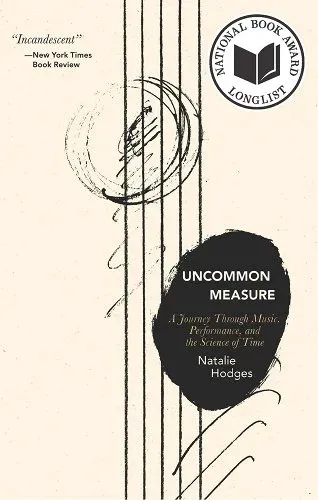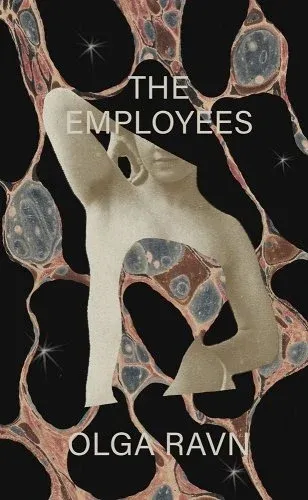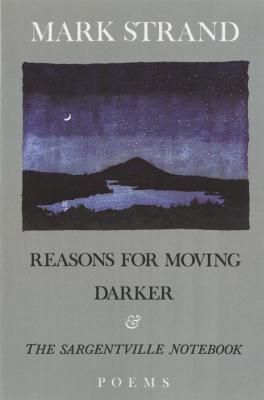The book report for April 2023

Or, an unusually poetic and Danish list this time
April was a good month for books completed. The Olga Ravn and This is How You Lose the Time War were the high points. Some of the titles below have links to Bookshop.org, an alternative to Amazon that so far has contributed nearly $26,000,000 to the bottom lines of independent booksellers. I am an affiliate, which means should you be inclined to follow any of the links and buy from them, Bookshop.org kicks a few bucks back to me.
I post this monthly list because I enjoy scanning other people’s lists. It always starts an internal dialogue with the list-maker: “That’s the third mention of that book I’ve seen this month, maybe it’s worth a look.” “Yeah, I didn’t finish it either.” “Seriously, she thinks that one is good?” May these lists serve the same purpose with you. Now, on with it...

Completed
- The Employees, Olga Ravn. Oblique meditation on human nature and what, for better or worse, distinguishes humans from machines, all in the form of HR interviews on an interstellar space ship. That may not sound promising, but this is an unsettling, imaginative novella from a Danish writer, deservedly shortlisted for the international Booker.
- A Line in the World, Dorthe Nors. Smart, elegant essays about the North Sea coast of Denmark. Keenly observed and finely crafted. My focus on things Danish this month was coincidental. I think.
- The Ohio Review: Volume 13, No. 2. Notable for an excellent conversation with poet Mark Strand. Which led me to...
- Reasons for Moving, Mark Strand. Haunting, spooky early work from a superb poet. Published in 1968, it was his second volume of poetry.
- Darker, Mark Strand. As advertised. Dark, unsettling, sometimes creepy verse.
- Bright Center of Heaven, William Maxwell. Immature first novel (Maxwell was 25) that has its moments. Maxwell called it an emulation of all his admired writers, which is how we all start. He also let it drop out of print, but the Library of America has reissued it.
- The Paris Review No. 213. Bit of a pedestrian edition of the lit mag. Most notable for an interview with the translators Richard Pevear and Larissa Volokhonsky, husband-and-wife team who work on the biggest Russian novels.
- Uncommon Measure: A Journey Through Music, Performance, and the Science of Time, Natalie Hodges. Smart hybrid of memoir and essays that think through the conjunction of music and time and physics. Nerd lit.
- This is How You Lose the Time War, Amal El-Mohtar and Max Gladstone. Clever and extraordinarily entertaining hybrid of an epistolary novel grafted onto an account of a war waged across multiple universes. Read it once for fun, and one day I will read it again to catch all the hints and puzzles I missed the first time.
Dipped into

- A People’s History of the United States, Howard Zinn
- A New Literary History of America, Marcus and Sollors (eds.)
- American Poetry: The Seventeenth & Eighteenth Centuries, David S. Shields (ed.)
In progress
- Harmonium, Wallace Stevens
- The Flame, Leonard Cohen
- Reading: A Very Short Introduction, Belinda Jack
- Chromatopia: An Illustrated History of Color, David Coles
- Still Pictures: On Photography and Memory, Janet Malcolm
- Migrations, Charlotte McConaghy
- The Best American Essays 1998, Cynthia Ozick (ed.)
Abandoned
- The Organs of Sense, Adam Ehrlich Sachs

Purchased
- The World Within the Word: Essays, William H. Gass
- While We’ve Still Got Feet: New Poems, David Budbill
- Biography of X, Catherine Lacey
- The Untouchable, John Banville
- The Museum of Extraordinary Things, Alice Hoffman
- The Corn King & the Spring Queen, Naomi Michison
- The Case for Books, Robert Darnton
Member discussion